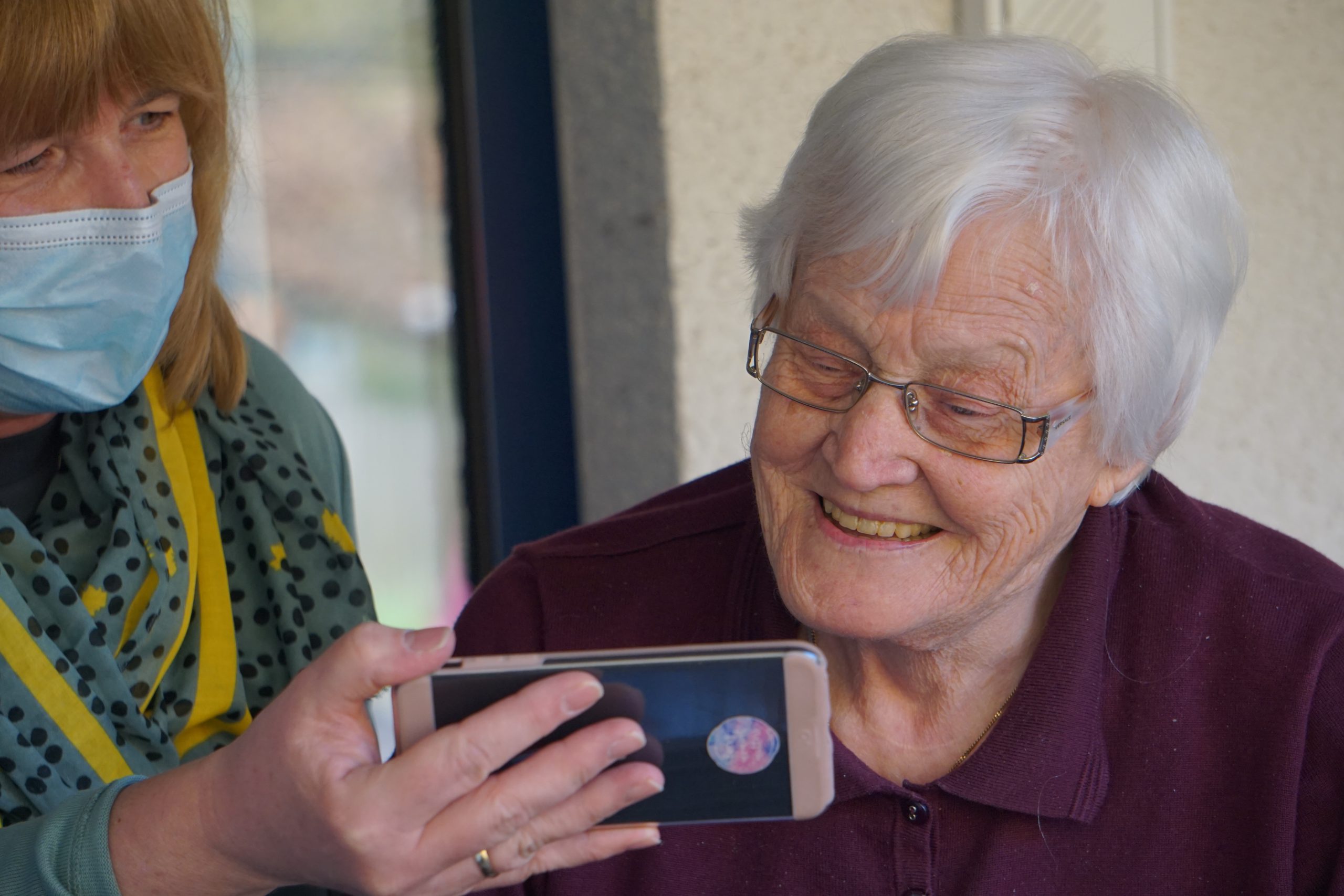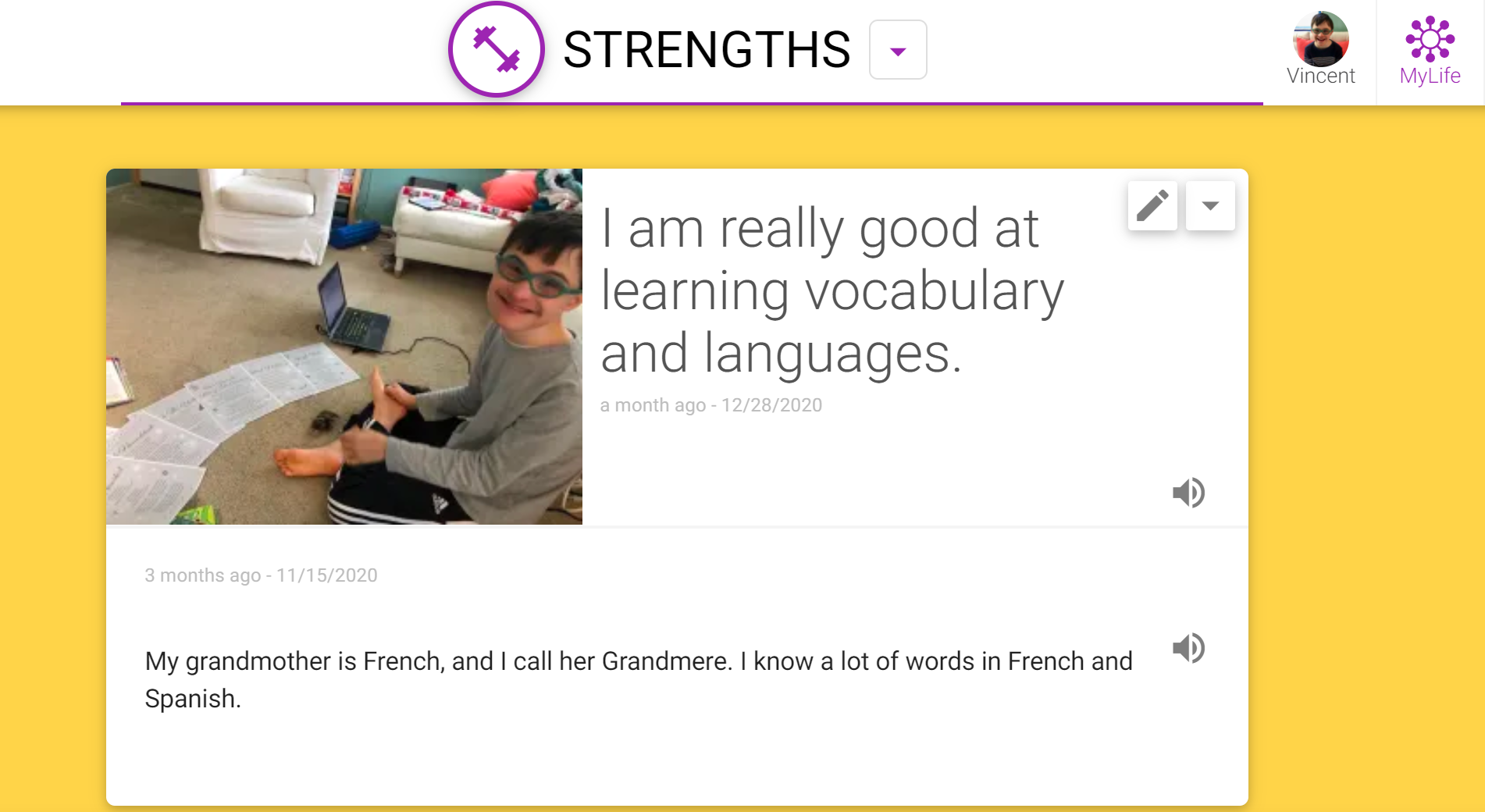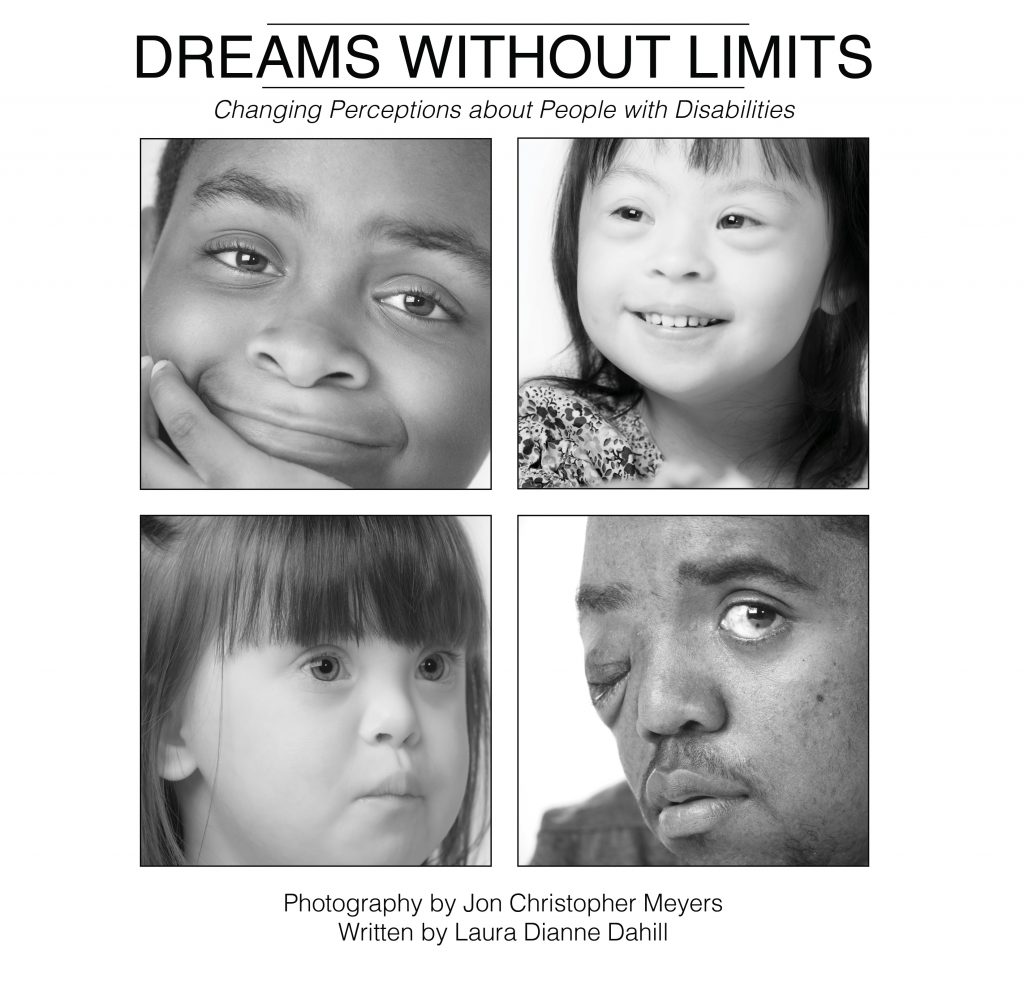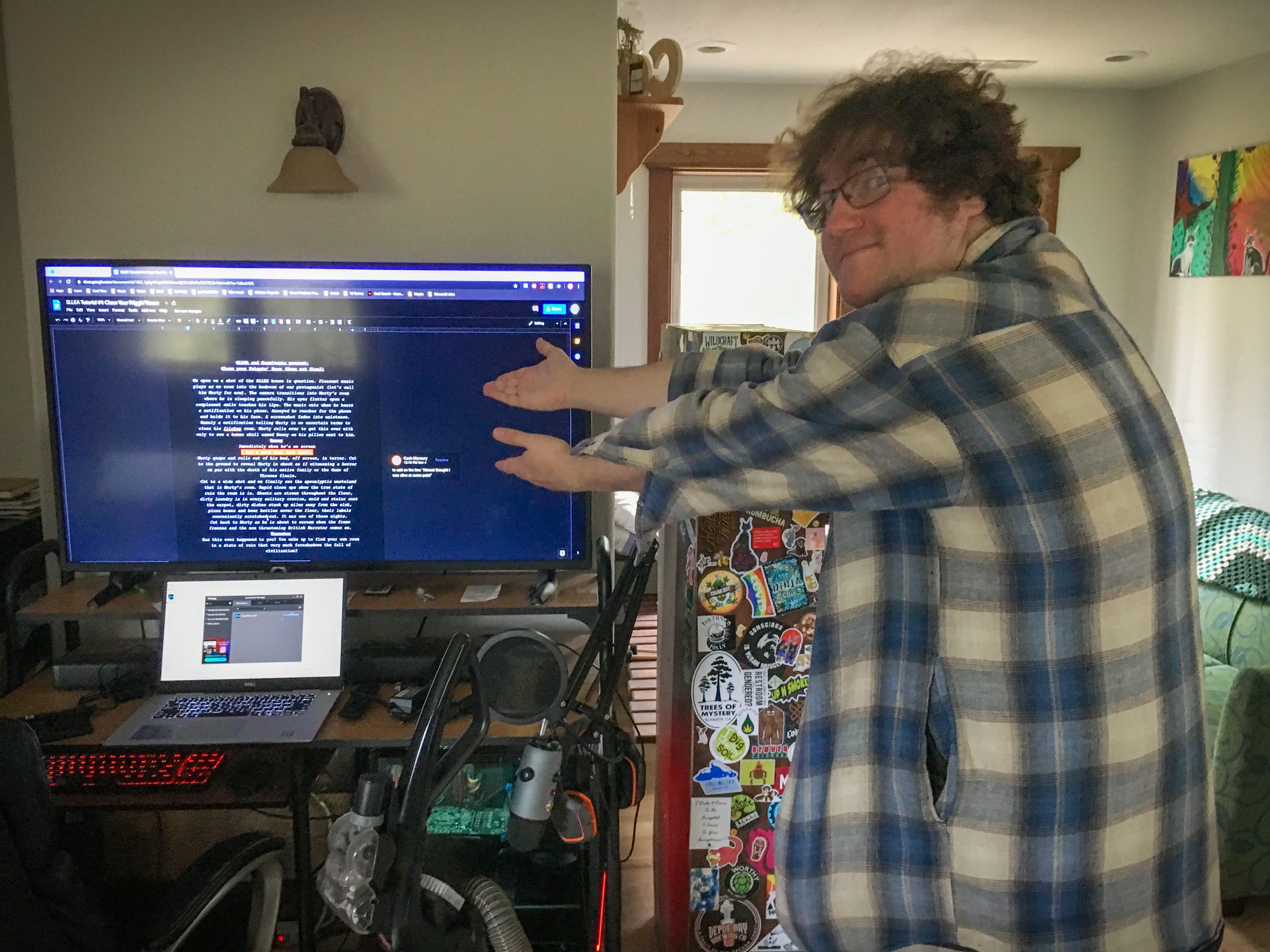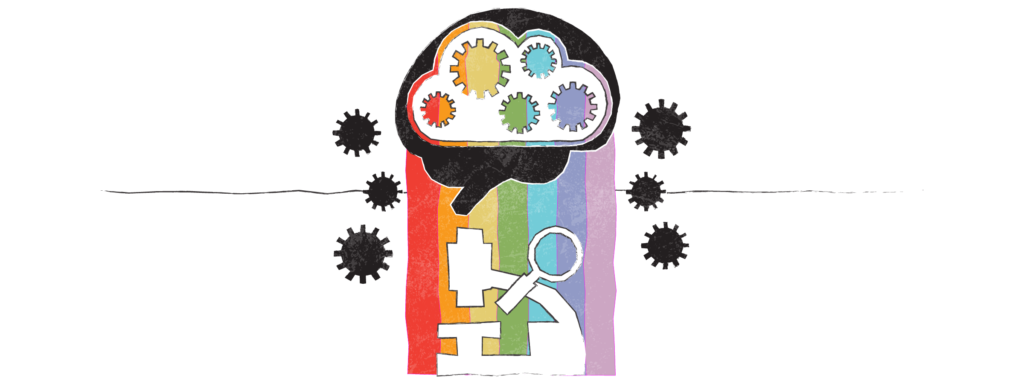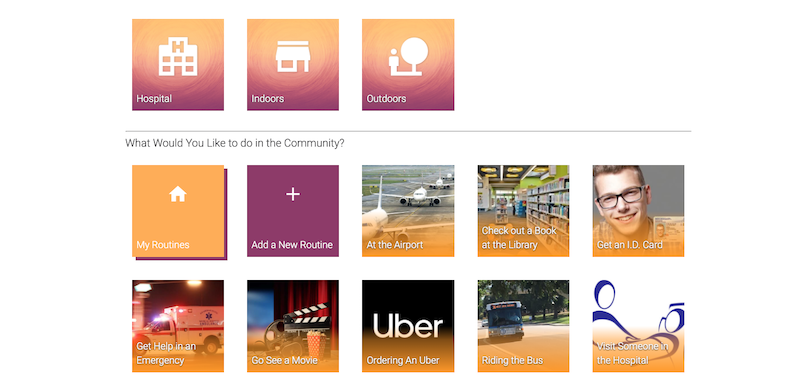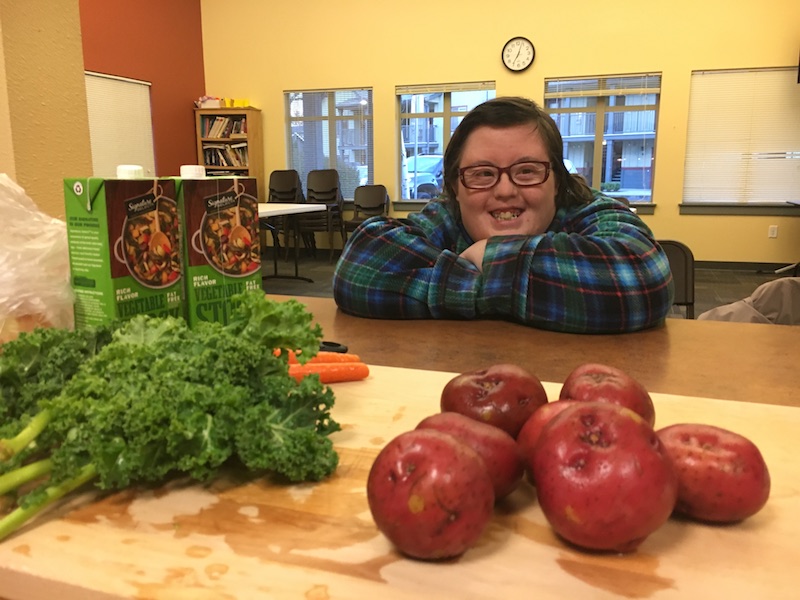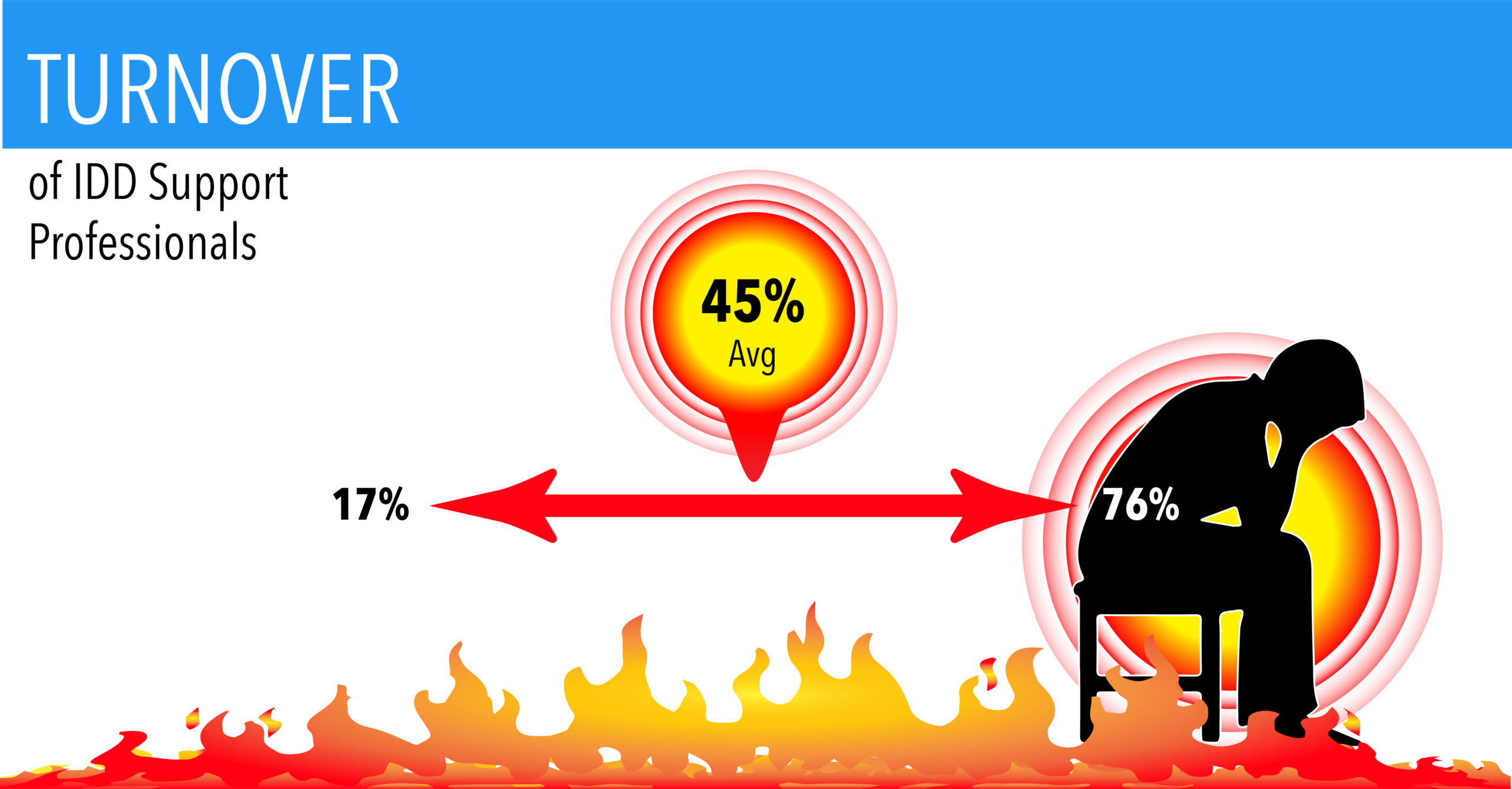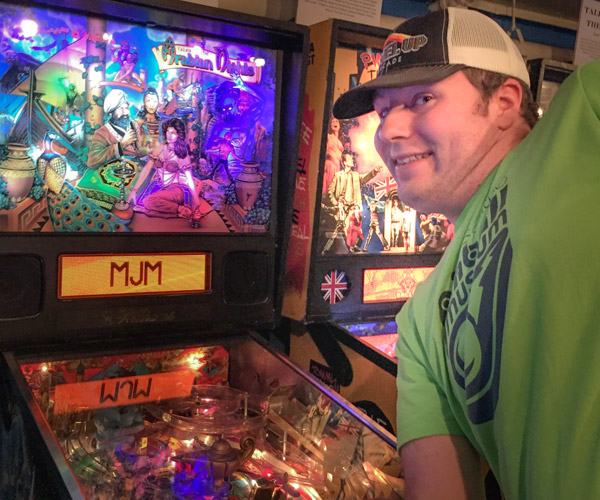Narrative Medicine Approach in MyLife Helps Patients Tell their Story
When there is turnover in health care or caregiving staff, or when existing staff are overextended due to personnel shortages, even the most skilled healthcare professionals can inadvertently overlook their patients’ needs. Worse, when a patient is transferred between caregivers or caregiving facilities, critical information can fall even further between
Vincent’s Story: MyLife Supports Transition Process During Pandemic
My son Vincent is a happy, curious 17-year-old, who was born with Down syndrome. In addition to several chronic health issues, he also has a diagnosis of autism and cortical visual impairment. For the last five years, he has been in a private ABA program focusing on his functional, adaptive,
Dreams Without Limits: A Photo-Essay Book About Hope, Dreams, and Life Goals
In a striking collection of photo-essays, the authors of the recently published Dreams Without Limits give readers unique insight into the hopes, dreams, and achievements of people who experience different disabilities. Written by Laura Dahill, director of marketing and communications for The Arc Lane County and photographed by Jon Christopher Meyers, award-winning
How Autistic Individuals Have Helped Direct Cognitopia’s Development
Cognitopia’s development of self-management applications has been shaped by people with autism in ways both direct and indirect. From the beginning we have used a participatory design process whereby students and adults with autism work with us on design iteration and testing. For example, for the last five years, we’ve
Introducing Stairway to STEM: Online Resource for Autistic Students Transitioning to College and Other Post-secondary Educational Opportunities
Stairway to STEM (STS) is a National Science Foundation-funded project that launched in October 2018. Our mission is to help autistic students realize their capacity for success as they transition to college environments and beyond. We are a web-based resource, and our content includes more than 150 posts, videos, interviews,
Five Tips for Creating an Effective Routine
Within the Cognitopia Platform for Self-Determination a routine is a sequence of steps consisting of actions that lead to the accomplishment of work assignments, activities of daily living, social skills, recreational activities, or any other self-management task. In practice, the concept of a routine may be referred to as a
Healthy Cooking Becomes Routine for Residents of Independent Living Program
Surprising Gifts of a Better Meal Living in affordable housing units at Willakenzie Crossing, residents of SAIL Housing in Eugene, Oregon call over a dozen one-bedroom and studio apartments home-sweet-home. A 501(c)(3) nonprofit organization, SAIL stands for “Supported Access to Independent Living” and operates with a mission of supporting sustainable
Transitions Cost More Than $2.3B in IDD Support Services
Cyclic Regression Causes Expensive Turnover, Painful Restarts, and Critical Struggles. Decrease staff training costs. Create smoother transitions for clients. Preserve your investments in human resources. Have a sustained impact on client quality of life. You have a clear and special mission to support people with intellectual and developmental disabilities (IDD),
Innovative Self-Management Apps for Aging in Place
More and more, technology enables our lives in ways that facilitate independence and connectivity and it seems like there’s an app for just about everything. For individuals aging in place, apps can help them stay organized, accomplish daily goals, or remotely link them to their adult children, a team of
Creating Digital Resumes for Individuals with Limited Communication Skills
After graduating from high school, Michael Montgomery spent three years learning independent living skills through the 4J School District’s Community Living Program (CLP) in Eugene, Oregon. Diagnosed with autism at 18 months, Michael’s situation is typical among families receiving lifelong support services for their now-adult children. At the CLP students

